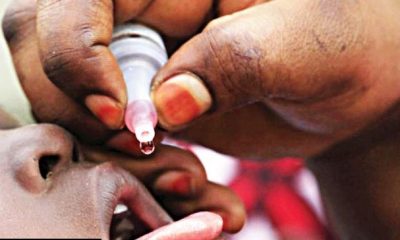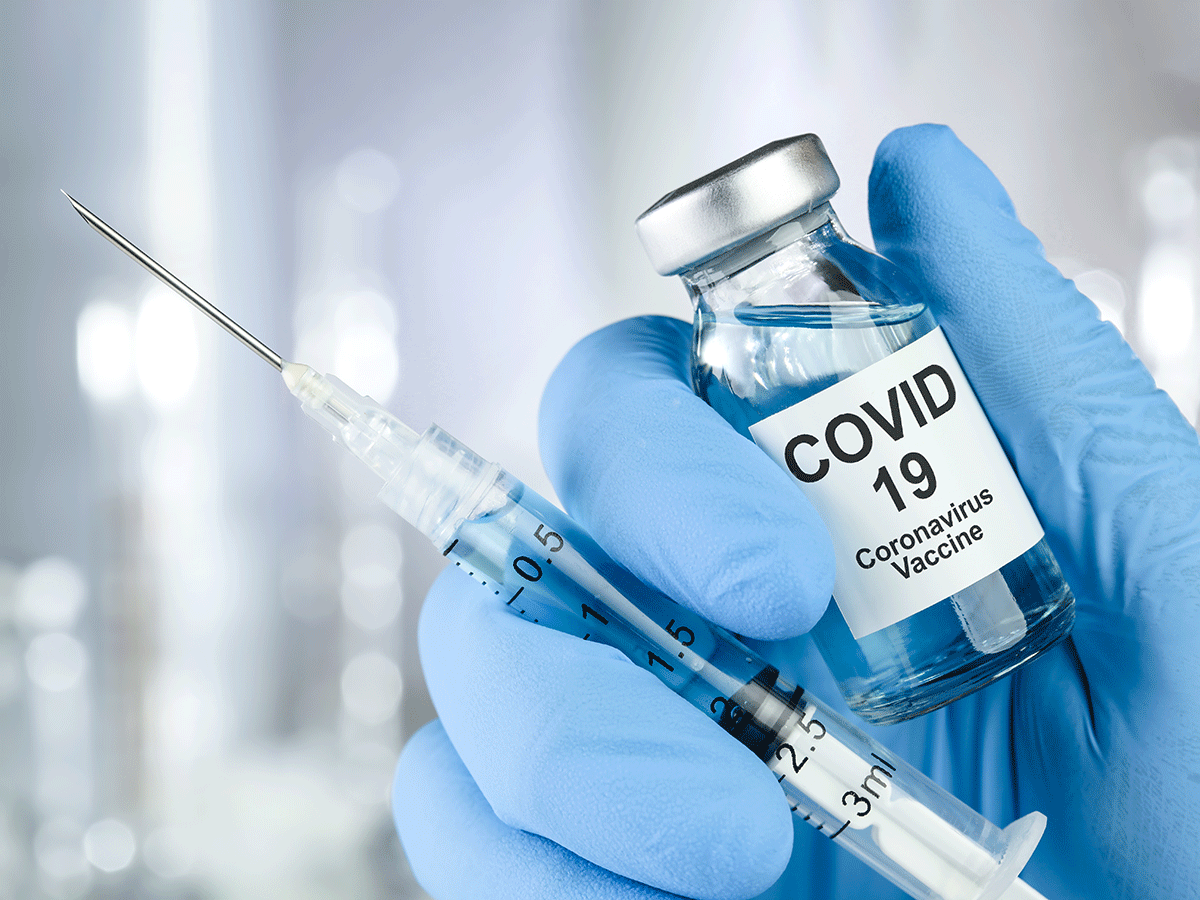A study has shown that face mask should not be worn by people who are not sick or infested by coronavirus, warning that wearing face masks creates high risk of sickness.
Dr. Russell Blaylock in a study admonished that “not only do face masks fail to protect the healthy from getting sick, but they also create serious health risks to the wearer. The bottom line is that if you are not sick, you should not wear a face mask.”
Apparently, there is rising global advocacy to discourage people from wearing face masks to offices or places of business as countries consider ending the coronavirus lockdown and re-opening businesses.
The wearing of face masks was prescribed as one of the measures to prevent the spread of coronavirus infection in several countries in response to the global propaganda by the World Health Organisation (WHO) which was religiously adopted by governments across the world.
Dr. Russell Blaylock stated in his hypothesis that “by wearing a mask, the exhaled viruses will not be able to escape and will concentrate in the nasal passages, enter the olfactory nerves and travel into the brain.”
Scientific experimentation on the validity of preventing spread of coronavirus by face mask, thoroughly analyzed 17 recent best studies, after which findings show that, “none of the studies established a conclusive relationship between mask/respirator use and protection against influenza infection.” It was remarked that no studies have been concluded to demonstrate that either a cloth mask or the N95 mask has any effect on transmission of the COVID-19 virus. “Any recommendations, therefore, have to be based on studies of influenza virus transmission. “And… there is no conclusive evidence of their efficiency in controlling flu virus transmission,” Studies have revealed.
Dr. Russell Blaylock reiterated that non-infected people need not wear a mask. He, therefore, declared: “when a person has TB, we have them wear a mask, not the entire community of non-infected;” arguing: “The recommendations by the CDC and the WHO are not based on any studies of this virus and have never been used to contain any other virus pandemic or epidemic in history.” Generally, health authorities had at the early stage discouraged people not infested by coronavirus from wearing face masks, insisting then that face mask was only meant for infested persons. Unfortunately, the CDC in various countries recently turned to recommendation of compulsory wearing of face mask or covering of any kind even when one is not infected.
Invariably, further studies have discovered dangers of wearing face mask for long periods. They identified these problems to include headaches, increase of airway resistance, carbon dioxide accumulation, to hypoxia, including several serious life-threatening complications.
Studies also identified difference between the N95 respirator mask and the surgical mask (cloth or paper mask) relating to side effects. It was highlighted that the N95 mask, filters out 95% of particles with a median diameter >0.3 µm2 , but obstructs respiratory exchange (breathing) to a greater degree than a soft mask, and is more often associated with headaches. It was narrated that in one such study, researchers surveyed 212 healthcare workers (47 males and 165 females) asking about presence of headaches with N95 mask use, duration of the headaches, type of headaches and if the person had preexisting headaches. The researchers discovered that about a third of the workers developed headaches with use of the mask, while most preexisting headaches were worsened by the mask wearing.
It was detected while straps and pressure from the mask could be attributed to the cause of the headache, the main evidence identified hypoxia and/or hypercapnia as major cause. These, they identified, relate to a reduction in blood oxygenation (hypoxia) or an elevation in blood C02 (hypercapnia).
It was pointed out that wearing the N95 mask for hours, can reduce blood oxygenation as much as 20%, which can lead to a loss of consciousness.
This was discovered in a fellow driving around alone in his car wearing an N95 mask; causing him to pass out, and to crash his car and sustain injuries. Dr. Russell Blaylock also revealed cases of elderly individuals or any person with poor lung function passing out, hitting their head. This, he said, can lead to death.

 Featured1 week ago
Featured1 week ago
 Aviation1 week ago
Aviation1 week ago
 Business4 days ago
Business4 days ago
 Aviation6 days ago
Aviation6 days ago
 Business3 days ago
Business3 days ago
 Featured1 week ago
Featured1 week ago
 Education4 days ago
Education4 days ago
 Crime4 days ago
Crime4 days ago









